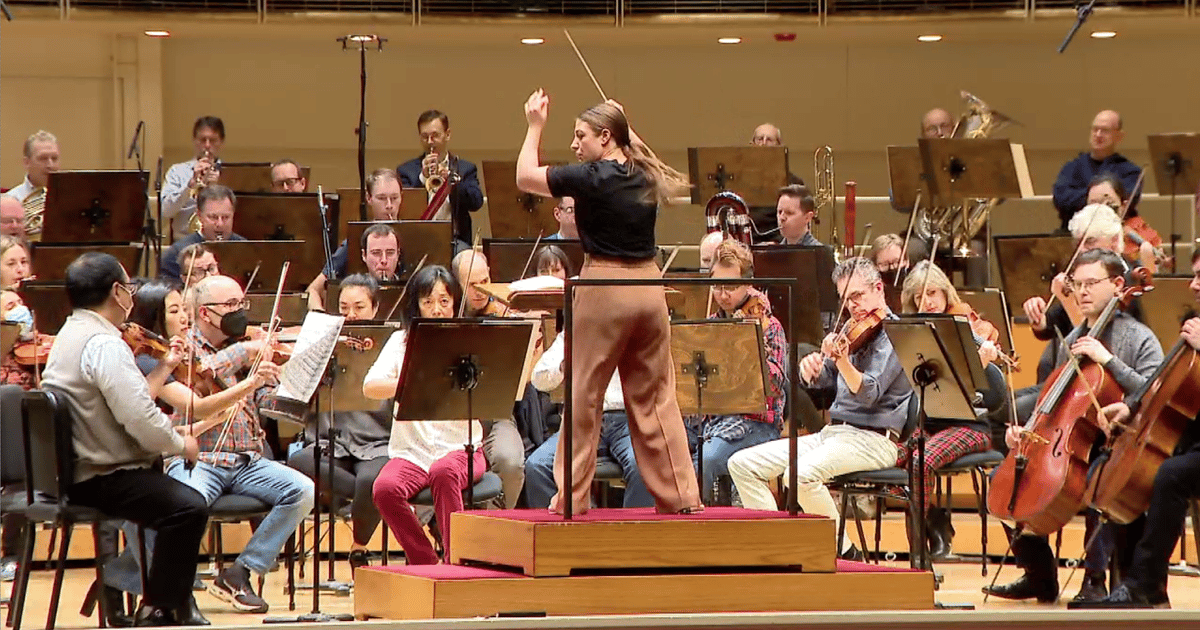Exclusive: British director sacked by Israel Opera over Moses controversy
mainI have seen a letter from Hannah Munitz, director of Israel Opera, confirming that she has terminated Graham Vick’s contract for a forthcoming production of Lucia di Lammer moor in Tel Aviv, after the furore over his Mose in Egitto at the Rossini Festival in Pesaro.

Vick represented the Jewish slaves as Palestinians and Moses as a Bin Laden-type demagogue, sparking protests during the first performance and outrage at what some perceived as an anti-semitic slur. Vick has declined several invitations to explain his production and the motives behind it.

That said, I am not sure it was wise of Israel Opera to bow to donor pressure and sack him. Far better to have worked with him in Israel and tried to work on his flawed perceptions. There are no winners in this outcome, only losers.
In her letter to a supporter, Munitz wrote: ‘the director has received from us a letter of cancellation a day after the report on the event took place. We are busy in finding a director and a production to replace the current one. We agree with your opinion and we have acted accordingly.’





Of course he should be sacked ! Why on earth do you think he deserves to be ‘worked on’. I dont think winners and losers come into it. If he is so thick that he cant see this would jeopardise his position in Israel so be it. Courage mon ami – its about time we had a bit of zero tolerance!!
I cannot imagine any winning in being submitted to Graham Vick’ s work. I fully subscribe to A. Druce comments and I would like to point out that his insensibility can not be limited just to “Mose’ in Egitto” , he showed no respect for for ALL OTHERS, not just Jews. His confusion of mind on the subject area he was using to make a point about violence (!!??), was done with violence and taking legitimate artistic freedom of expression over many lines parasitically using or should I say abusing the work of others (Rossini, Tottola and the performers of the opera who were all outstanding).
No winners with him but himself and I think Israel has enough problems to take on the re-education of Graham Vick, the impression given by his silence would indicate no wish to answer nor to engage in a dialogue.
Obviously, Mr. Vick is not known for an anti-semitic background. Otherwise, he wouldn’t have been invited to Tel Aviv at all.
Obviously, his “Moses” didn’t have parts in it that were unambiguously anti-semitic. Otherwise, we would know by now.
So it reads like “Mr. Vick gave an interpretation of our religious hero that we won’t tolerate”. And that’s something I don’t feel comfortable with.
Mind you, it’s not about altering a story from holy scripts. The librettist included a love story for storytelling’s sake – no one feels embarassed about that.
Central point of Mr. Vicks interpretation seems to be a change of perspective.
Most likely, the Egytians saw Moses as an evil enemy leading the cheap alien workers into revolt and subsequentally freedom. For today’s standards, this certainly qualifies for being called terrorist.
In Israel of today, there certainly is an issue with cheap Palestine workers. And yes, most of them experience “gun-toting jews” on a daily basis.
So this all is about acknowledged methods of interpretation: to bring a story from distant past into our times, to address problems of today, and to change perspectives.
In this case, a critical view on the situation of today’s Israel is involved. And seemingly that’s where the troubles start.
People who don’t like critical views on the State of Israel cry out “anti-semitic!”, occupying for their own purposes the grief that so many Jews experienced and still experience from real-world anti-semitism.
Which I find utterly disrespectful.
Moreover, the allegation of being “anti-semitic” for just holding a critical view on a situation in which Jews are involved kills any possibility of understanding. Anti-semitism is morally bad. To accept only non-critical views as morally good is quite a totalitarian approach: support our opinion, or be outcast.
If I were in Mr. Vick’s situation, I wouldn’t try to clarify, either. Silence has the same (negative) result as a discussion under these conditions, and it saves one’s strength – both for the next work and for bearing with the situation one got into.
NB (1): “Antisemitism (…) is suspicion of, hatred toward, or discrimination against Jews for reasons connected to their Jewish heritage” (Wikipedia). How does Mr. Vick’s interpretation fit in that definition?
NB (2): I’m neither Jew, nor Muslim, nor Christian. I have friends within all of these religions.
NB (3): Please, PLEASE: this is NOT a discussion about “who’s responsible for the complex situation in Israel”. It’s about the sacking of Mr. Vick.
In some sources, Graham Vick is quoted as saying that this production is intended as a criticism of all forms of religious fundamentalism. One problem would be, Rossini’s Moise is not a criticism of all forms of religious fundamentalism. What’s more is that, given the elements Vick included, the realization of his concept does not come even remotely close to being a criticism of all religious fundamentalism. The opera itself is supposed to narrate a mythological/fictional story – Vick appears to have tried to turn it into an elaborately staged op-ed article with music by Rossini.